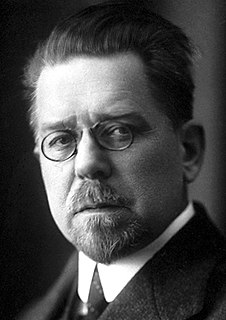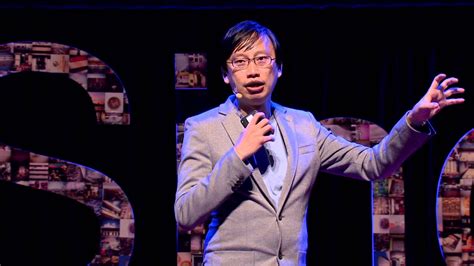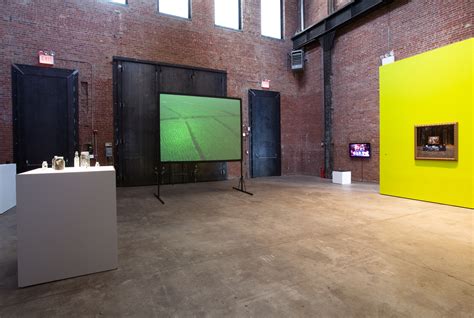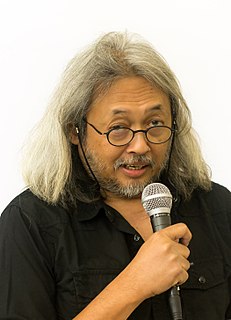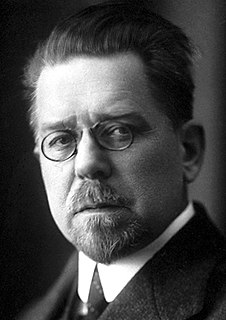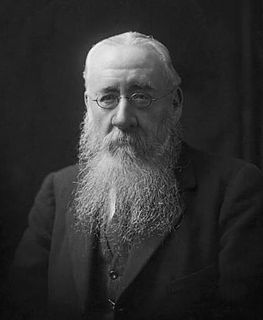Top 1200 Children's Literature Quotes & Sayings - Page 5
Explore popular Children's Literature quotes.
Last updated on November 25, 2024.
The fact is that these are not my children; they are figures on silvery paper slivered out of time. They represent my children at a fraction of a second on one particular afternoon with infinite variables of light, expression, posture, muscle tension, mood, wind and shade. These are not my children at all; these are children in a photograph.
Literature is not exhaustible, for the sufficient and simple reason that a single book is not. A book is not an isolated entity: it is a narration, an axis of innumerable narrations. One literature differs from another, either before or after it, not so much because of the text as for the manner in which it is read.
In general, in America, every discourse in literature in 15 minutes degenerates into a conversation about ethics, morality and this and that. The Holocaust and the consequences of it. Well, I find it terribly boring, predictable and unimportant, because what matters about literature is esthetic achievement.
As a form of moral insurance, at least, literature is much more dependable than a system of beliefs or a philosophical doctrine. Since there are no laws that can protect us from ourselves, no criminal code is capable of preventing a true crime against literature; though we can condemn the material suppression of literature - the persecution of writers, acts of censorship, the burning of books - we are powerless when it comes to its worst violation: that of not reading the books. For that crime, a person pays with his whole life; if the offender is a nation, it pays with its history.
Young children learn in a different manner from that of older children and adults, yet we can teach them many things if we adapt our materials and mode of instruction to their level of ability. But we miseducate young children when we assume that their learning abilities are comparable to those of older children and that they can be taught with materials and with the same instructional procedures appropriate to school-age children.
Another very interesting chapter is the education of children: the victims of problems of the family are the children. The children. Even of problems that neither husband nor wife have a say in. For example, the needs of a job. When the dad doesn't have free time to speak to his children, when the mother doesn't have time to speak with her children.
Dear Brothers and Sisters, Never resort to war! Never war! Above all, I think of all the children who are robbed of their hope for a better life and a decent future. Killed children, wounded children, mutilated children, orphans, children who play with remnants of war, instead of toys. Children who don't know how to smile. Please stop! I ask you with all my heart. It's time to stop. Stop it please!
The amplification of our diverse literary voices is a political act of resistance. Our lives are important, too. Our lives should be represented in our literature. And that literature is vital, compelling, and accessible. That literature deserves to be disseminated and noticed and available. And with respect to the dissemination and promotion of diverse voices - librarians, educators, and editors of literary journals play such an important role. They deserve not only a hearty shout out, but also our thanks and support.
My life has had a lot of fits and starts: before I studied literature at all I was a musician, and began undergrad as a conservatory student. I started studying literature in my third year of college, when I took a poetry course with James Longenbach that was pretty extraordinary. It changed my life.
Love can produce the children, but it has nothing to do with the raising of the children. I grew up thinking, 'Oh, that's it. All I have to do is fall in love.' You may think love will change everything, but it really is different with children. Children don't necessarily bring you together; they challenge you.
Historical fiction was not - and is not - meant to supplant literature from the period it describes. As a veteran of the Crimea, Tolstoy wrote 'War and Peace' to match his own internal sense of the truth of the Napoleonic wars, to dramatize what he felt literature from that period had failed to describe.
I have nothing but great respect for great scholars. But I was in grad school in the '80s and '90s, at the height of the theory craziness. It had a big part in why I ended up becoming a writer rather than a scholar, because I thought, "I just can't play these games." I was interested in literature because I loved literature, and so much of the theoretical positioning, at that moment 25 years ago, was antagonistic to literature. You know, trying to show that Jane Austen is a terrible person because she wasn't thinking about colonialism.
Obviously, everything has always been defined by the dominant ideology. But the dominant ideology has been able to accept women's literature as well as men's literature. I would say that women have been hindered from creating for a variety of reasons, as Virginia Woolf so admirably explained in A Room of One's Own. When they have created, on the whole they have been recognized. In literature it hasn't been nearly as oppressive as in, say, painting, where even the existence of so many women painters has always been denied.












